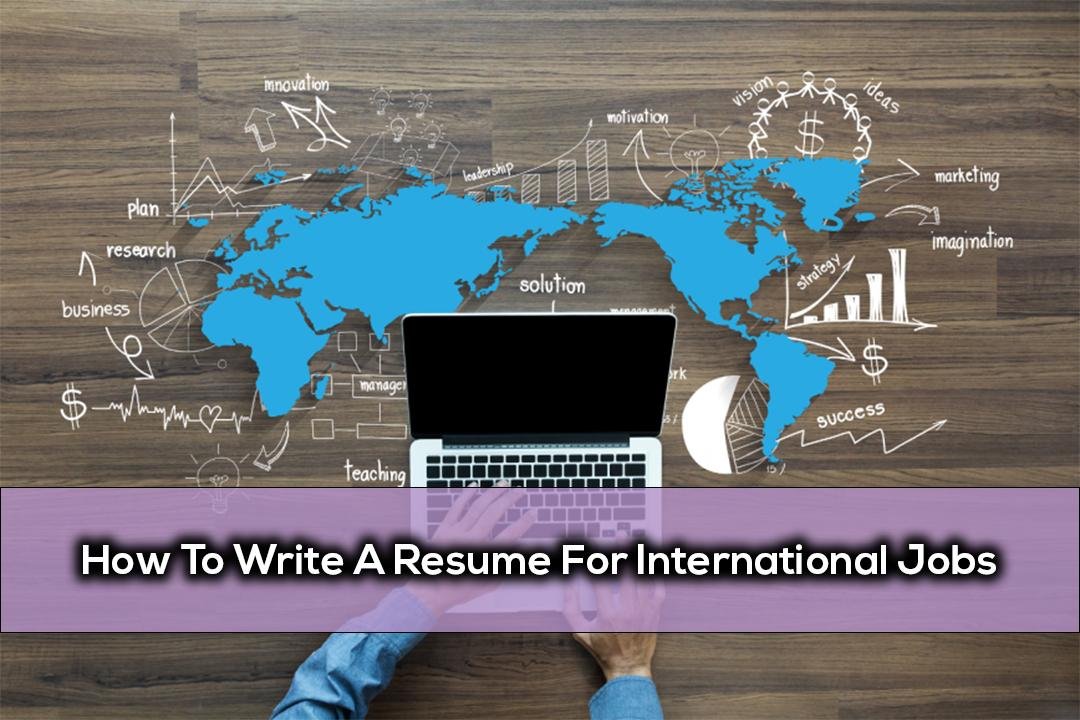The Importance of Emotional Intelligence in the Workplace

In the fast-paced and competitive landscape of today's workplaces, technical skills and qualifications are often prioritized when evaluating potential employees. However, there's another crucial component that is sometimes overlooked but is equally, if not more, important: emotional intelligence (EI). The ability to understand and manage emotions, both in oneself and in others, plays a significant role in workplace success and overall career advancement.
Understanding Emotional Intelligence
Emotional intelligence encompasses a range of skills, including self-awareness, self-regulation, empathy, and social skills. Individuals with high emotional intelligence are adept at recognizing their own emotions and how these emotions can impact their thoughts, decisions, and behavior. They can also effectively navigate social complexities, build relationships, and empathize with others' perspectives and feelings.
The Impact in the Workplace
In the workplace, emotions are constantly at play, influencing interactions, collaborations, and overall dynamics. Here's how emotional intelligence contributes to a thriving and productive work environment:
1. Effective Leadership:
Leaders with high emotional intelligence can inspire and motivate their teams, fostering a positive work culture and driving performance. They understand the importance of empathy and active listening, making employees feel valued and understood.
2. Conflict Resolution:
Conflicts inevitably arise in any workplace setting. However, individuals with strong emotional intelligence can navigate conflicts constructively, seeking mutually beneficial resolutions and maintaining positive relationships among team members.
3. Team Collaboration:
Teams comprising emotionally intelligent members tend to be more cohesive and collaborative. These individuals can communicate openly, share ideas, and work together towards common goals, enhancing productivity and innovation.
4. Adaptability:
In today's dynamic business environment, adaptability is key to success. Emotionally intelligent individuals are resilient in the face of change, remaining flexible and responsive to shifting priorities and challenges.
5. Client Relationships:
For client-facing roles, emotional intelligence is particularly valuable. Professionals who can empathize with clients' needs and concerns, communicate effectively, and build rapport are more likely to establish long-lasting and fruitful relationships.
Incorporating Emotional Intelligence into the Workplace
Organizations can foster emotional intelligence among employees through various strategies:
-
Training Programs:
Implementing training sessions or workshops focused on emotional intelligence can help employees develop crucial skills such as empathy, active listening, and conflict resolution. -
Leadership Development:
Providing leadership development programs that emphasize the importance of emotional intelligence can cultivate a culture of emotionally intelligent leadership within the organization. -
Feedback and Recognition:
Encouraging a culture of constructive feedback and recognizing employees' efforts in demonstrating emotional intelligence can reinforce its importance and encourage further development. -
Role Modeling:
Leaders and managers should lead by example, demonstrating emotional intelligence in their interactions and decision-making processes, setting a precedent for others to follow.
The Role of Emotional Intelligence in Career Advancement
In addition to its impact within the workplace, emotional intelligence also plays a significant role in individual career advancement. Professionals who possess strong emotional intelligence are often sought after for leadership roles, as they can effectively manage teams, navigate challenges, and inspire others.
Furthermore, individuals with high emotional intelligence are better equipped to handle workplace stress and pressure, maintaining composure and making sound decisions even in challenging situations. This resilience and adaptability are highly valued in today's competitive job market.
Optimize Your Career with IRC Resume
As you strive for success in your career, it's essential to recognize the significance of emotional intelligence in the workplace. By mastering emotional intelligence skills, you can enhance your professional relationships, excel in leadership roles, and advance your career trajectory.
To complement your journey towards career success, consider optimizing your resume with IRC Resume. Our professional resume writing services are tailored to showcase your skills, experiences, and emotional intelligence in the best possible light. Visit IRC Resume today and take the next step towards unlocking your full potential.









